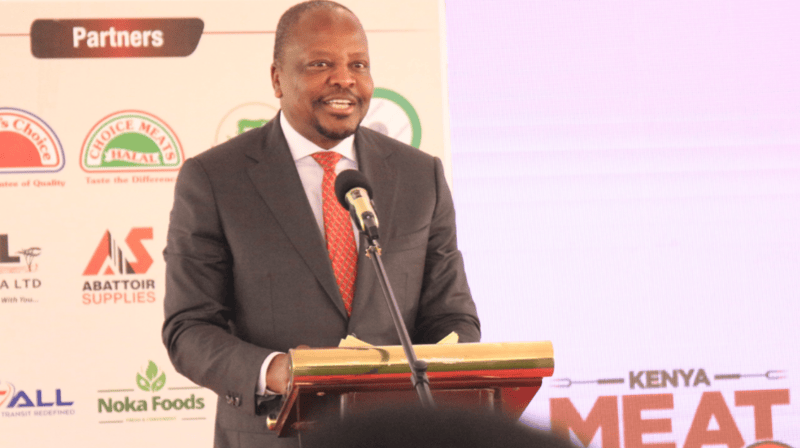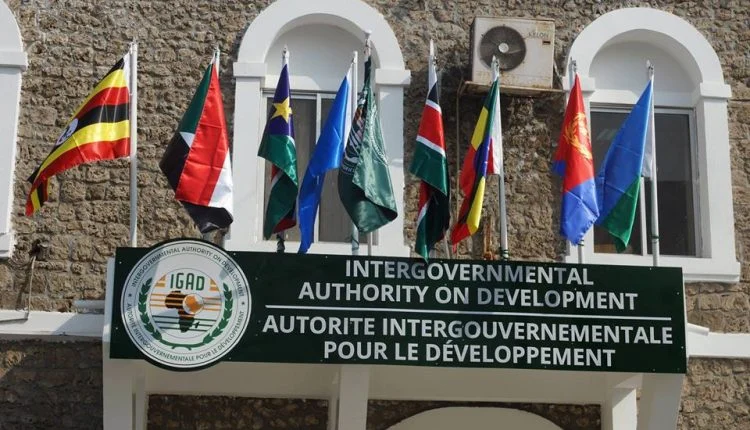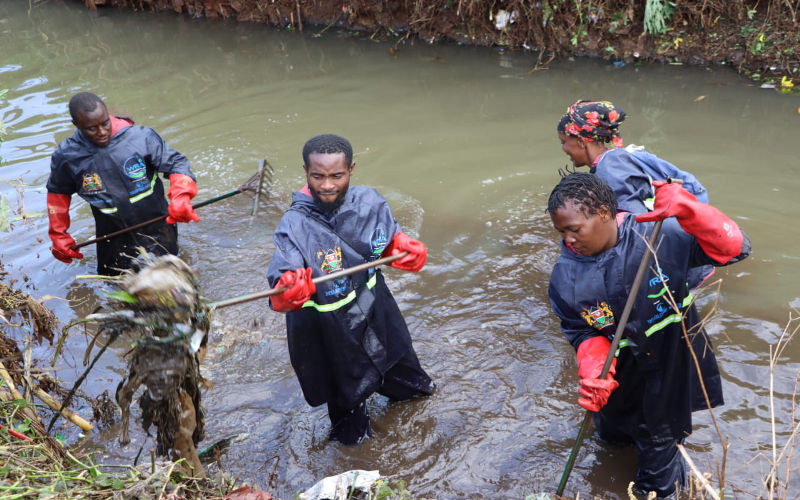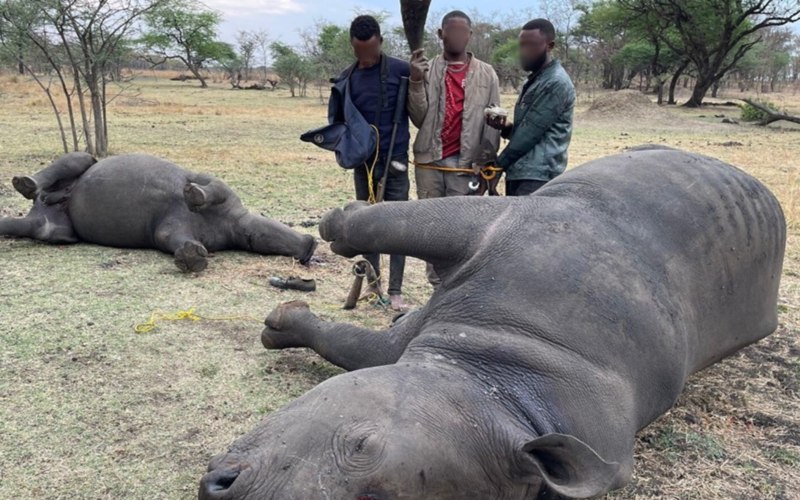Kenya pushes for strict pesticide ban across COMESA bloc

Kagwe stressed that effective food safety in the region cannot be achieved without a unified regulatory framework.
Agriculture Cabinet Secretary Mutahi Kagwe has called for an urgent, regionwide crackdown on the use of hazardous pesticides within the Common Market for Eastern and Southern Africa (COMESA) bloc, warning that the continued circulation of banned chemicals in some member states threatens food safety, public health, and the integrity of regional agricultural trade.
Speaking at the 9th Joint COMESA Ministerial Meeting on Agriculture, Natural Resources, and Environment in Lusaka, Kagwe emphasised the urgent need to harmonise chemical safety standards across all 21 member states.
More To Read
- Bill targets unsafe pesticide sales on online platforms
- CS Kagwe announces policy overhaul for sugar, tea and miraa to protect farmers’ earnings
- Factory farming in Africa: Development banks see it as a good idea, but it’s bad for the climate
- AU calls for rapid tech adoption in farming to shield continent from food crises
- CS Kagwe urges bold reforms in agriculture sector as Intergovernmental Agriculture Forum opens in Naivasha
- Kenya wants China to remove tariffs on coffee, tea, avocados as trade imbalance persists
“The current situation where a pesticide banned in one country continues to be used next door completely undermines our collective Sanitary and Phytosanitary efforts,” he said.
“We are exposing our farmers, our consumers, and our markets to unnecessary and unacceptable risk.”
Kagwe stressed that effective food safety in the region cannot be achieved without a unified regulatory framework.
He noted that inconsistencies in pesticide regulation allow unscrupulous traders to exploit enforcement gaps, resulting in contamination and a loss of consumer trust in local and regional food systems.
“We must not let fragmented policies stand in the way of our people’s safety. Harmonising chemical standards is not optional, it is urgent,” he added.
The COMESA bloc, which includes countries such as Burundi, Egypt, Malawi, Rwanda, Sudan, Uganda, Zambia, and Zimbabwe, faces growing challenges as pesticides banned in some countries continue to be used in others, risking cross-border contamination.
Beyond pesticide regulation, Kagwe urged member states to transform COMESA from a forum for discussion into a platform for action that promotes economic development, agricultural resilience, and food independence.
Kenya also proposed sharing agricultural technologies such as livestock vaccines, establishing protocols for cross-border trade in certified seeds, and adopting digital innovations for agricultural planning.
Top Stories Today













































